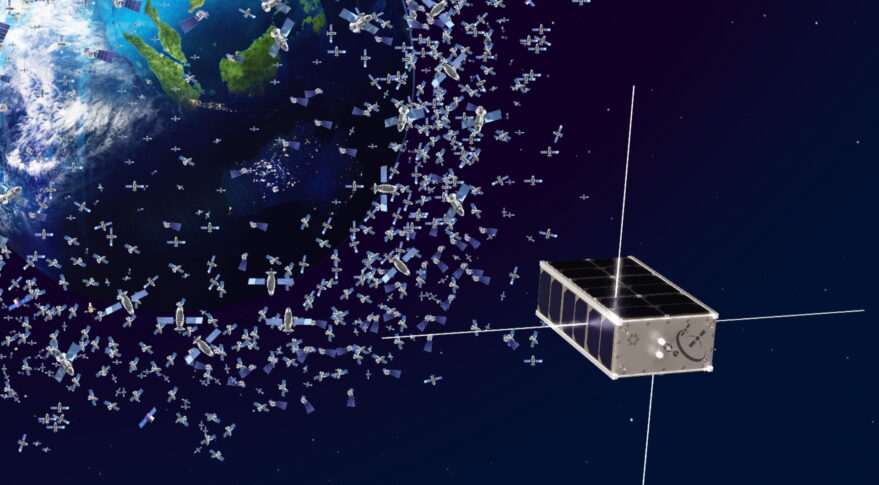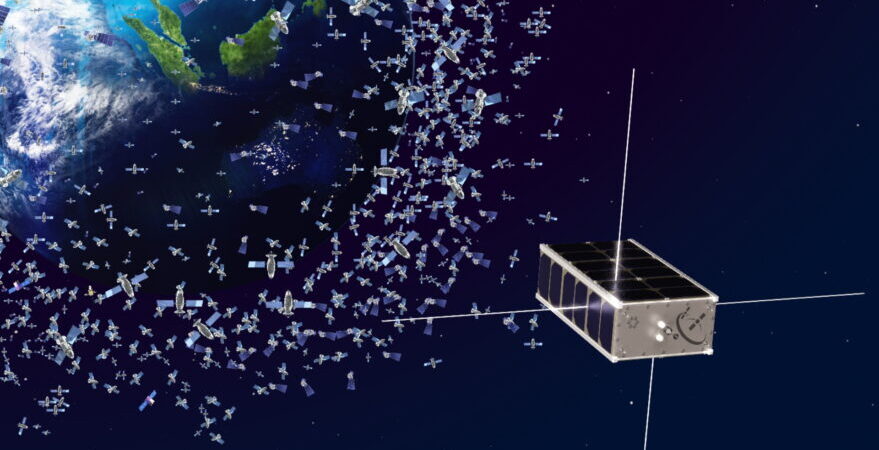
Article: Startups developing space traffic monitoring system to help manage growing debris problem (https://spacenews.com/startups-developing-space-traffic-monitoring-system-to-help-manage-growing-debris-problem/)
SpaceNews.com’s Sandra Erwin reports on the efforts of a new startup, Scout Space, to address the growing space debris problem. The small business is developing a sensor payload that can be flown on any mission to increase debris-tracking capabilities on orbit without adding dedicated debris-tracking systems. Scout CEO Eric Ingram says “There is a universal understanding that we need better data and better ways to collect that data but not a universal agreement on the best way to achieve that or the best modalities. We’re really trying to connect the idealism that this is a problem that needs fixing with the fact that we actually have solutions.”
So this week space debris is the talk of the town following a recent anti-satellite test conducted by Russia, which left a debris cloud that will live at a ~500km LEO orbit for the next 5-10 years. One of the most difficult aspects with assessing the risk space debris poses is the limited tracking capabilities of ground systems, and that adding constellations of satellites to increase on-orbit tracking capabilities could add to the problem. Scout is proposing a sensor payload that could be added to new satellites to increase on-orbit sensing capabilities, which would go a long way to characterizing the risk space debris poses to missions. From a cybersecurity standpoint, this data can not only inform questions of space liability relating to debris and feed into developing space policy regarding liability and insurance, but also potentially increases the attack surface for new satellites. For example, a threat actor may have an interest in a satellite carrying a sensor suite capable of collecting data on the positions and orbits of other objects on orbit, which may include defense assets, where otherwise they might not have been interested in the system.
